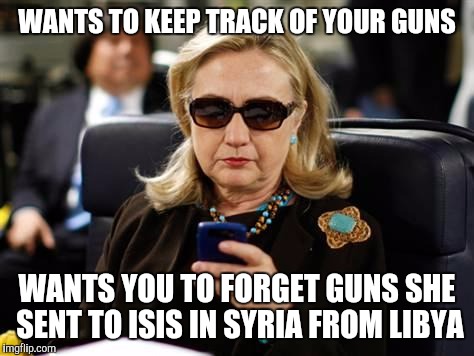· Digital Islam challenges offline Islam's authenticity and accuracy by exaggerating their values, traditions and cultures. As seen in the Good Witch Clinton meme, Islam is ascribed a violent relationship with those who are LGBT, Feminist, Athiest, Socialist, Animal lovers, non-Muslims and Liberals. Muslims may or may not find this to be authentic Islam in the offline context. In the "What difference does it make?" meme, the digital view of Islam challenges offline Islam's evaluation of authentic Islam. This meme makes a space for the criticism of refugees of Islamic countries. Similar to the function of these memes, creating an online space for opposing views is the aim of alt-muslim.com. Though Alt-muslim.com is introspective and these memes are open to discussion in the general public, both allow the audience "to develop a
different relationship with their faith, to objectify it beyond tradition,
and revise it in light of the exigencies of modern life". (lecture 11/10/16). The Good Witch Clinton meme represents the bridging of offline religion and movie references to the online discussion of Islam and politics while the "What difference does it make?" meme represents the blurring of offline Islam and online discussion of Islam ad politics. The Good Witch meme represents bridging because the portrayal of Clinton as The Good Witch assigns her the aloof yet malevolent characteristics of the Good Witch satirically enlightening the online discussion of Muslim refugee crisis. The "What difference does it make?" meme takes an online discussion and blurs it with a picture from an offline rally and quote from an offline speech.
Friday, November 11, 2016
Friday, November 4, 2016
Authority


The source of authority referred to in these images is that of Hillary Clinton's as Secretary of State and as a candidate in the 2016 election. This emerges from an offline context. The logic at work in this case study regarding how authority is being voiced in this case study is one of dialectics and paradox. Because the memes in this case study expressed very polarized, biased and flagrant claims against Clinton and Islam anonymously, uneven gains emerge. Some memes Islam is painted as it is in the second meme, extremely violent and closed minded, while other times other values are ascribed to the religion. Thus, the authority of Clinton is challenged as her values are questioned and the authority of Islam is completely disregarded and disrespected through anonymous online claims. This case study defines religious authority primarily through it's ideology. As seen in the second meme, the ideology of Islam is called into question as pro Hitler, abusive to women, anti gay, anti Christian and anti american. By defining and framing Islamic authority in this way, the message communicated about Islam and Clinton is shocking and loud. The shock value of the messages of the memes incites a multitude of responses; anger, activity, frustration. These continuous, unrelenting shocking messages about the ideology of Islamic authority eventually functions to erode the value of the information and the validity of that side of the religious political argument in the online context
Subscribe to:
Comments (Atom)

